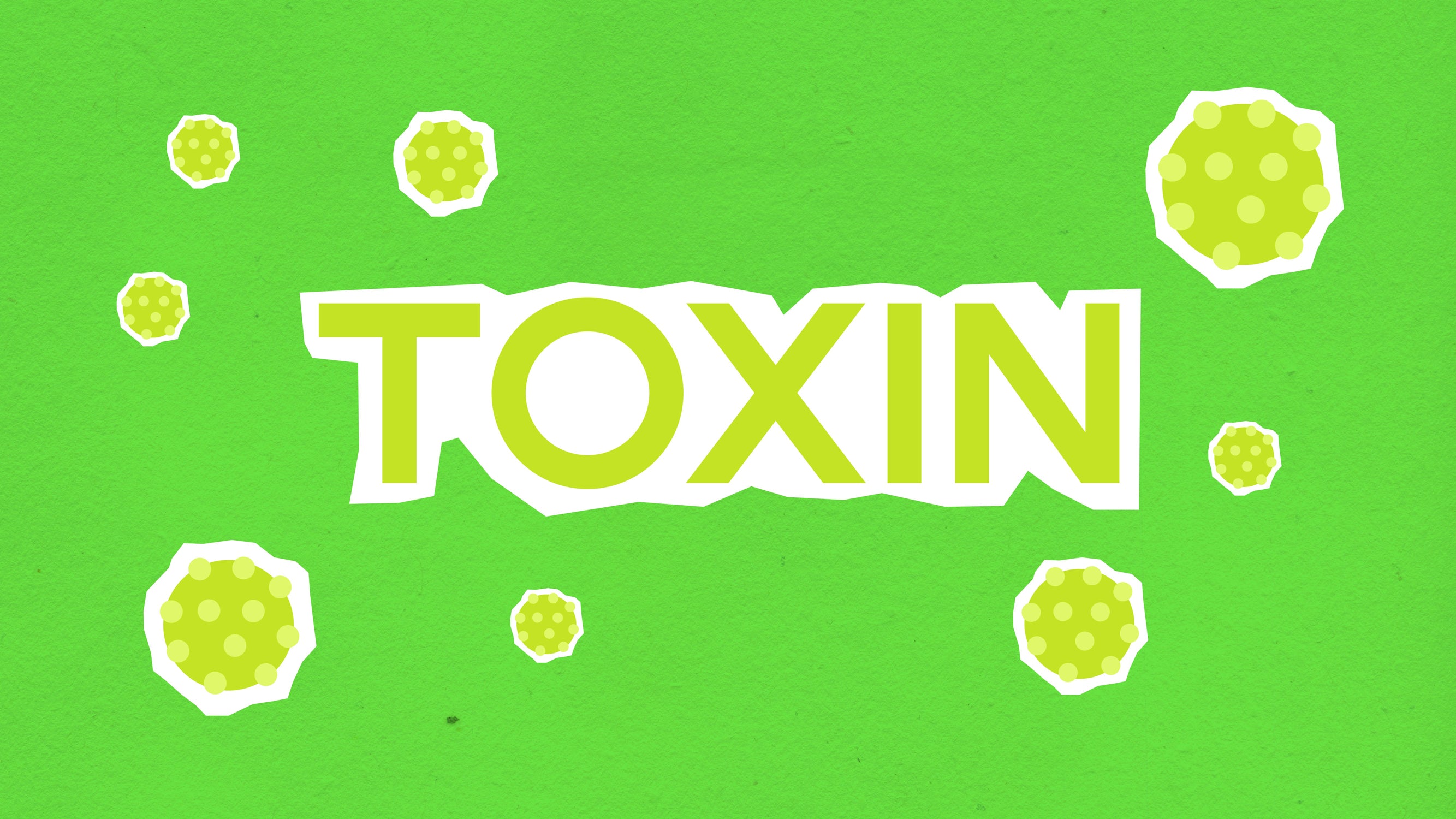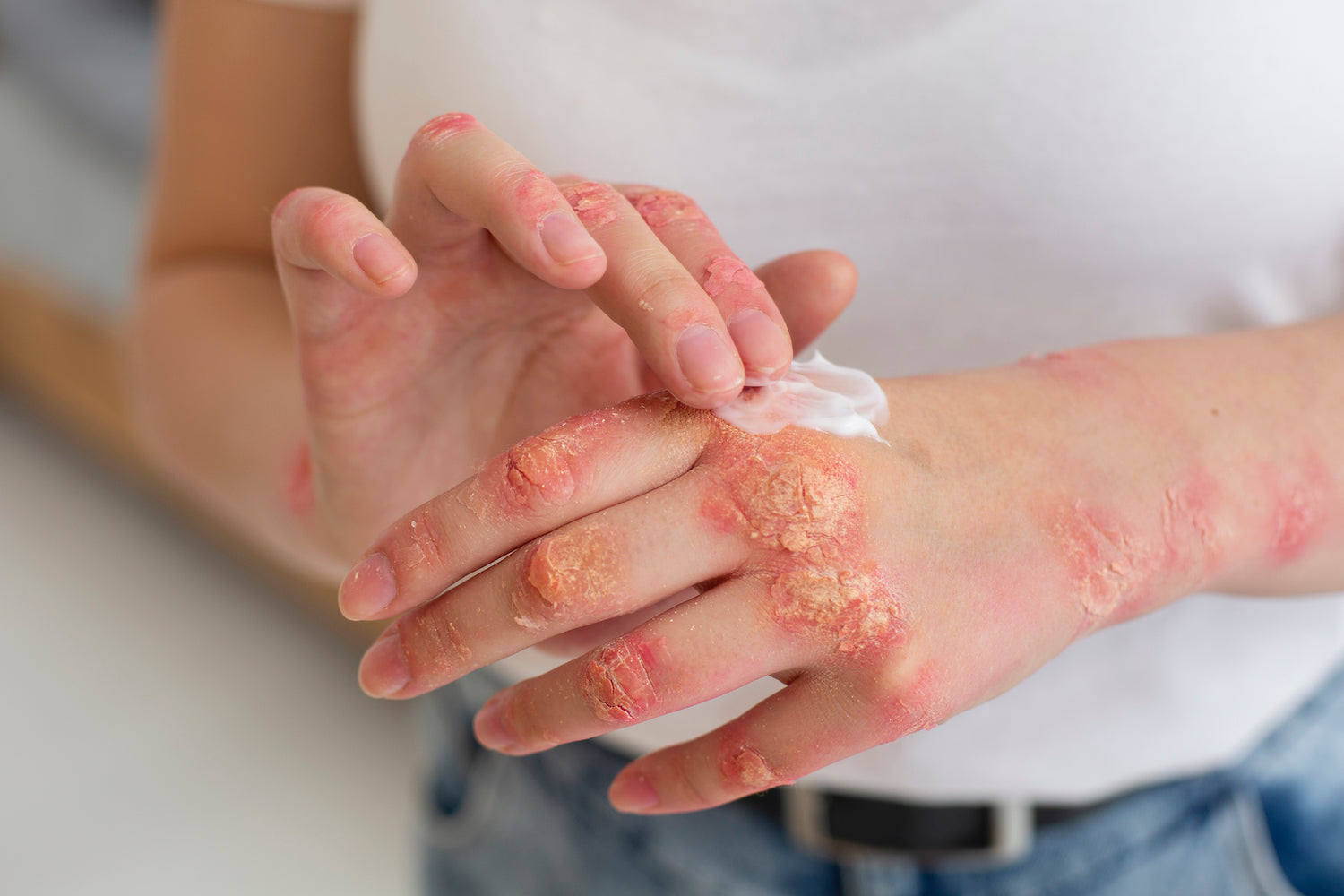Is Smelling Shower-Fresh Worth Impotence? The Nasty Side of Men's Conventional Deodorant!

Men’s Health published an article titled “Why Your Deodorant Might Be Making You Flabby, Tired, and Impotent” which has caused an uproar by highlighting the myriad of possible health risks with men’s cosmetics. A body of research has been building for years to provide evidence of issues associated with harmful chemicals in conventional cosmetics. However, it has taken the type of bold popular media headlines about men’s reproductive capacities used in Men’s Health to earn the attention of male consumers. Here is a breakdown of the concerning ingredients for men and women alike that were highlighted in this eye-opening article.
Phthalates
Phthalates are used to increase the flexibility, durability, and longevity of a frighteningly long list of consumer products, including traditional deodorants. Further research on this chemical is needed to determine their exact impact on reproductive health, but there is preliminary evidence to suggest that this endocrine-disrupting, testosterone-reducing chemical may impact fertility in minority populations of men and in animal studies. Additionally, phthalates have been recently linked to a number of health issues, including asthma, childhood obesity, attention-deficit/hyperactivity disorder (ADHD), breast cancer, and low IQ.
Styrene
Styrene is another potentially-harmful chemical found in synthetic and fragranced consumer products. In 2014, this genotoxic chemical was determined to be “reasonably anticipated to be a human carcinogen” in a report by the National Academy of Sciences’ National Research Council. Specifically, styrene exposure has been associated with lung cancer, liver tumors, leukemia, pancreatic and esophageal tumors, among occupational studies and animal research. Moreover, this chemical has been linked to reproductive health issues among women, such as decreased fertility and spontaneous abortions.
Parabens
Parabens are a family of chemicals that are used in cosmetic products to prevent the growth of mold and fungus. These chemicals mimic estrogen in the body, and are thus under scientific scrutiny for breast cancer and reproductive toxicity.
“Fragrance”
Phthalates, styrene, and parabens are just a small sampling of the “hundreds of other fragrance chemicals that may be carcinogenic”, according to the Men’s Health article. Thus, the last and most troubling of the chemical additives mentioned in this article is the broad class of “fragrances”. Due to a loophole in cosmetic regulations, companies do not have to make public specific ingredients that qualify as “Trade Secret”. This means that each time the word “fragrance” or “parfum” appears on an ingredient list, it may be code for dozens of potentially-carcinogenic additives. One transparency list cites 3,999 materials that may qualify as “fragrance”. This black box of “fragrances” may collectively cause adverse health effects, including migraine headaches, respiratory problems, and days of lost productivity.
In light of all of these deeply worrying chemical concerns about conventional cosmetics, we can help. Choosing organic deodorant over conventional brands is an important first starting point that can allow you to rest assured from your chemical concerns. Our certified organic seal ensures zero exposure to toxic pesticides, antibiotics, GMO’s, growth hormones, as well as the previously discussed artificial additives in the production of our products. Although organic deodorants may be typically marketed to women, it is clear that the health risks of conventional deodorants should be priority concerns of both genders. With Pure Skin Co., your body and skin care needs can be safely covered!
As always, please feel to reach out to us directly if you have any questions.




Comments